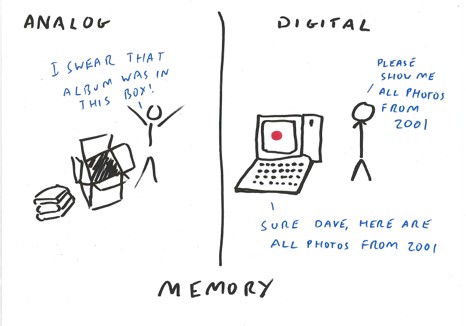01
11
.22
The Memory Machine (MeMa 3.0) visits care homes
MeMa 3.0 is finally being developed as a tangible product that soon will be deployed in care homes across Nottingham. There are several reasons why we think MeMa 3.0 can fit well in the environment of care homes. First, MeMa can provide a point of conversation for visitors and residents, something new to experience and an opportunity for reminiscence. It can help residents to remember pleasant parts of their past that could have been forgotten, or to reinforce their identity and heritage. We also want to understand potential risks and situations in which interacting with MeMa may not be recommended, especially if causing distress or frustration.
As part of this research, the MeMa team are planning a series of studies to understand the value that MeMa could bring to older adults living in residential settings. Based on our learnings from MeMa 2.0, we’ve recently employed a designer who is currently developing the software (i.e. the programming part of MeMa) and hardware (i.e. the box that the computer is held in) of MeMa. We will develop the MeMa in an iterative fashion, going back to a user group that will provide suggestions for refinements of the MeMa before it is deployed into residential settings.
To learn how the MeMa will best fit in residential settings, we will work closely with care homes, activity coordinators and members of staff who organise activities in residential settings, to co-produce guidelines and a user manual that is sensitive and responds to known usability barriers (e.g. poor dexterity) as well as facilitators (e.g. customised features) of the MeMa. The manual will be tested to ensure users understand how the MeMa works. We also want to know if the MeMa promotes social interactions and positively influences the way residents engage and interact with this piece of technology – a device that is designed to capture and share personal memories that evoke remembrances.
Our research design will consist of a series of observations, with minimal interference from the researchers and a series of interviews with the users, including residents, family members and activity coordinators. Together, this will help us to understand everyone’s experiences and capture feedback about the MeMa. Our goal is to involve users and other stakeholders (e.g. care home staff and family members) throughout all of the development phases to ensure that MeMa responds to users’ needs and wants.
The MeMa 3.0 team extends a welcome to Hugh Barnard, freelance developer interested in Computing for Social Change. Hugh is passionate about making technology accessible to older adults and has written a collection of essays called ‘The Algorithmic Anarchist’.
We are very excited about this research phase and hope to have a tangible product that can tour across care homes at the beginning of 2023.
Information MeMa 1.0 and MeMa 2.0 research can be located here
Tags:
care homes,
co-production,
Horizon services campaign,
Memory Machine,
reminiscence














